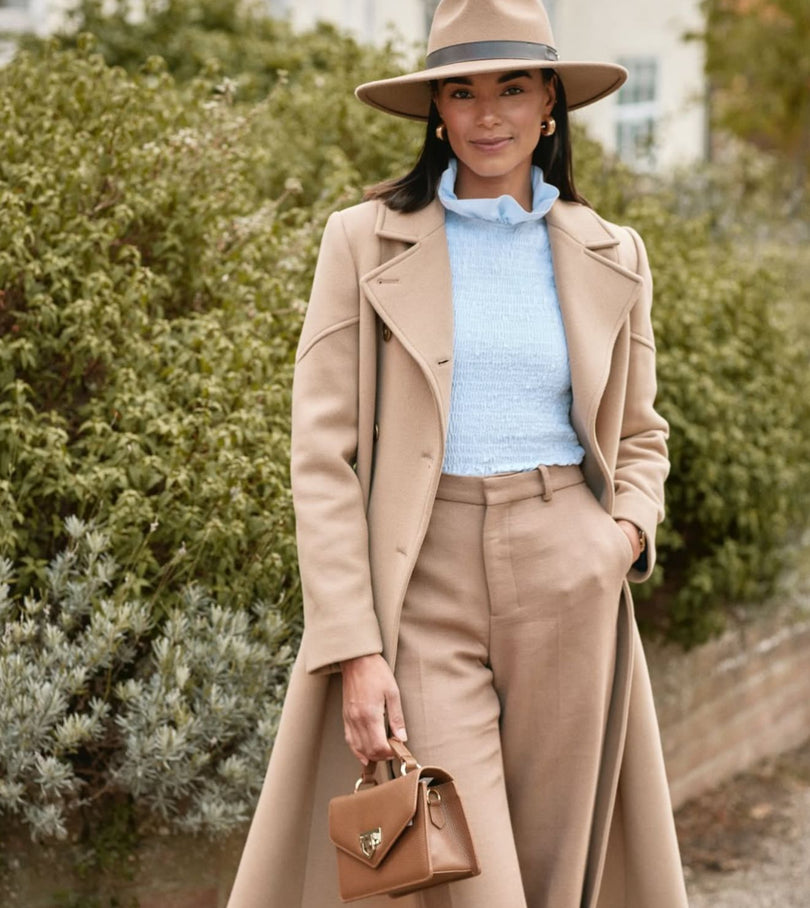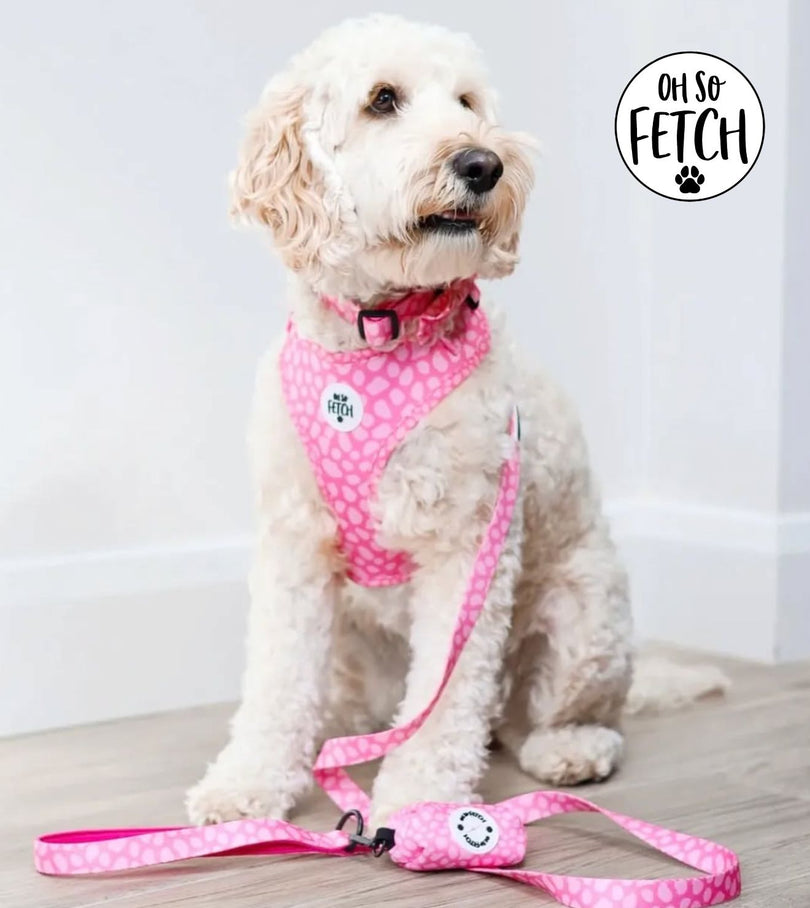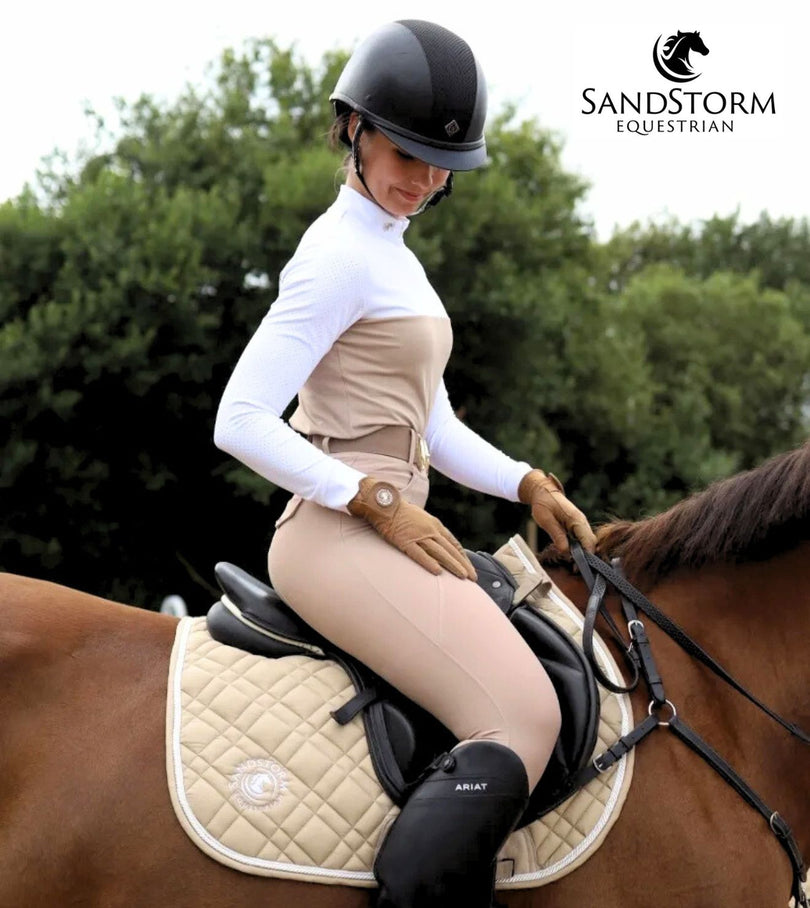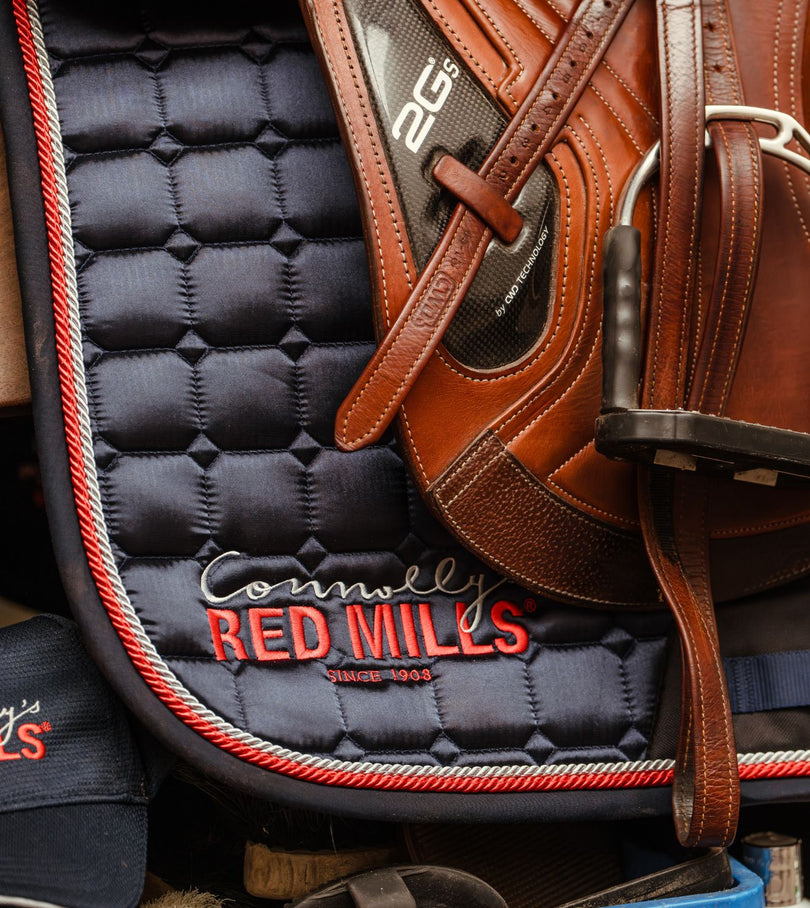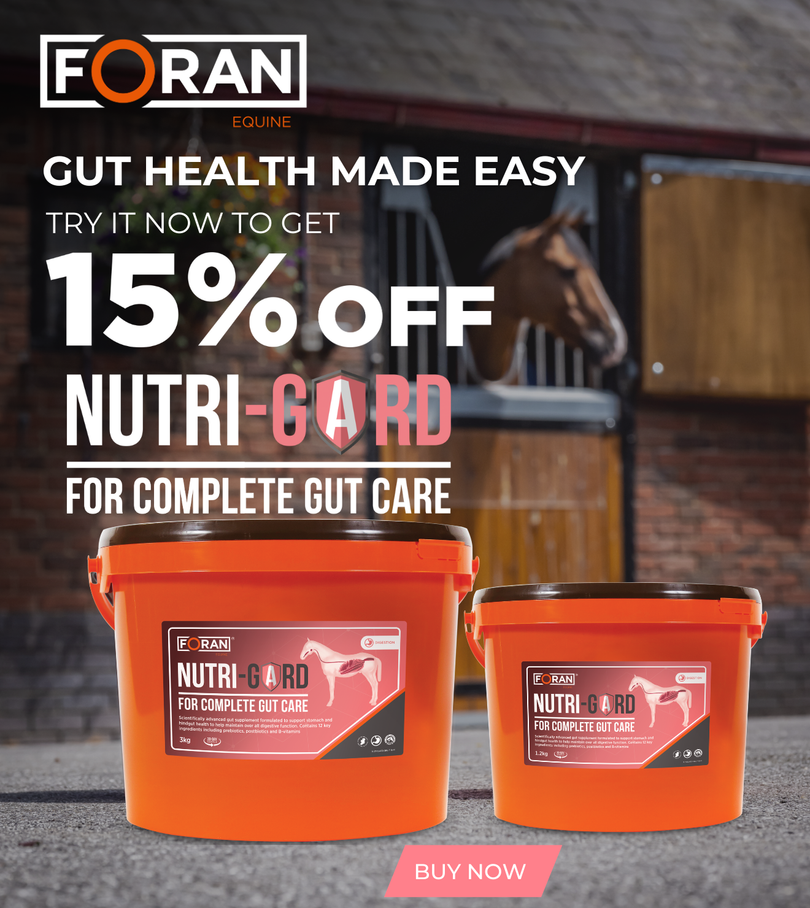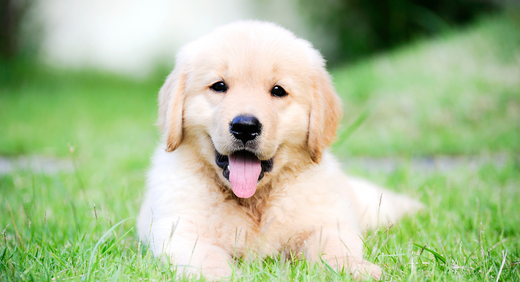Starting your pup off on the right paw with a healthy diet, appropriate training, and exercise, along with careful puppy socialisation, will ensure many years of enjoyment ahead with your new friend. Puppyhood is short, and the habits your puppy forms now will shape their adult behaviour. Whether you envision a cheerful, calm, confident, or cooperative adult dog, the key is to focus on proper care from the very start. This essential guide will provide actionable tips on puppy socialisation, nutrition, exercise, and more to help raise a happy, healthy dog.
1. How to Socialize Your Puppy: The Foundation of a Confident Dog
Puppy socialisation means gently introducing your pup to everyday situations, such as encountering other dogs, cats, children, or strangers, as well as navigating busy streets. Socialisation is crucial for building confidence and well-roundedness in your dog. It also helps prevent undesirable behaviours, like fear or aggression later in life.
- Start early: Introduce your puppy to various environments, sounds, people, and other animals.
- Use positive reinforcement: Reward your puppy with treats or praise when they respond calmly to new experiences.
- Stay calm: Your pup will take emotional cues from you. If you stay relaxed and confident, your dog will feel more comfortable. Anxious behaviour from you can make your dog feel uneasy.
Remember, the goal of socialisation is to help your puppy positively understand the world around them. When guests arrive, use a lead and guide your dog to greet them politely or settle down in their bed. Carry puppy treats to reward positive behaviours during walks or social interactions.
2. Best Puppy Nutrition Tips: Fueling Your Puppy’s Growth and Development
Owners should think carefully about the right puppy food. Puppy nutrition is not one-size-fits-all. Quality dog food brands offer food geared for small, medium and large dogs because they have different nutritional needs, especially in their early and later years
- Look for key ingredients: Opt for foods that contain wholesome, natural ingredients, such as the Leader puppy range, which promotes a solid start in life.
- Consider joint health: Joint health in puppies is crucial for maintaining mobility and health in their later years. Look for puppy foods with glucosamine and chondroitin to support growing bones and joints.
- Treats for training: Use healthy treats, such as Leader Oral Pro and Leader Train Me treats, that provide important nutrients like omegas, which support overall puppy nutrition.
Why is glucosamine important for puppies?
Glucosamine helps with the development of cartilage in the joints, supporting your puppy’s mobility and preventing potential issues as they grow older. Choosing a puppy food with glucosamine and chondroitin will contribute to strong, healthy joints that will benefit your dog throughout their life.
3. Keeping Your Puppy Active and Engaged: Daily Exercise is Key
If we don’t channel a pup’s energy and curiosity, they get bored. And a bored dog digs, chews and barks excessively. You can engage both their body and their mind with games that teach and reinforce good behaviour.
Daily exercise ideas:
- Throw a ball and teach your puppy to bring it back to you.
- Use enrichment tools like snuffle mats to challenge your puppy’s brain. Hide treats inside and let your dog work to find them.
- Play fetch in the hallway on rainy days.
- Provide safe, durable toys, like Kong squeaker toys, for play.
Remember to adjust the intensity of exercise depending on your puppy's age and breed. While daily physical activity is crucial, ensure that it’s not too strenuous for very young pups.
4. Additional Puppy Care Essentials: Vet Visits, Grooming, and Crate Training
In addition to socialisation, nutrition, and exercise, there are other key aspects of early puppy care that you shouldn’t overlook.
- Vet Visits & Vaccination: Schedule your puppy’s first vet visit early to ensure they are vaccinated and receive preventative care. Regular vet visits are crucial for monitoring your puppy’s growth, health, and development.
- Grooming: Begin grooming your puppy early to help them get used to the process. Regular baths are essential for keeping their skin and coat in good condition, but be careful not to over-bathe, as this can dry out their skin. Use a mild, puppy-friendly shampoo, such as Foran Pet Care Soothe & Sensitive Shampoo, to ensure your puppy’s skin and coat stay healthy and hydrated.
- Crate Training: Crate training is an essential skill for both you and your puppy. It provides a safe, secure space for your pup when you are not around and helps with housebreaking. introduce your puppy to the crate slowly and make it a positive experience. Place treats, toys, and comfortable bedding inside to encourage them to explore and settle in. Never use the crate as punishment.
A Happy, Healthy Dog Starts with Early Care
The key to raising a happy, healthy dog lies in early socialisation, regular exercise, and proper nutrition. The foundation you build during your puppy’s formative months will shape their behaviour and health for years to come.
By focusing on these essential aspects—socialising, nutrition, exercise, and more—you’re setting your puppy up for a lifetime of happiness and good health.



